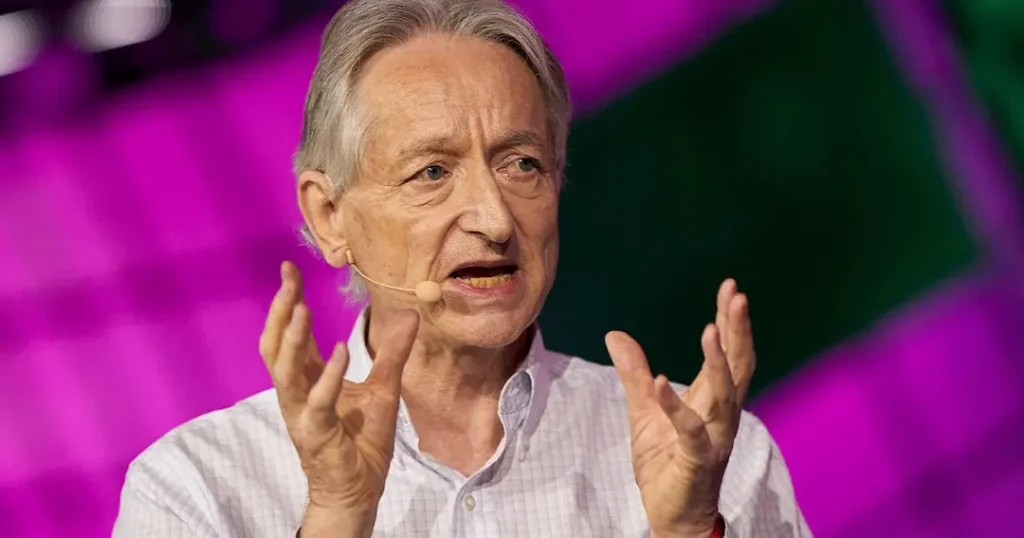In a surprising yet significant move, this year’s Nobel Prize in Physics has been awarded to two pioneers of artificial intelligence — John Hopfield and Geoffrey Hinton.
While their work laid crucial foundations for modern AI, the recognition also brings attention to ongoing debates about AI’s future impacts.

John Hopfield is celebrated for developing artificial neural networks in the 1980s.
These networks mimic the human brain’s way of saving and recognizing patterns, thus enabling computers to connect conceptual dots.
Geoffrey Hinton, often hailed as the ‘godfather of AI,’ introduced the Boltzmann machine, allowing neural networks to ‘learn’ through training.
Their contributions have been instrumental in building today’s AI and machine learning platforms.
The Nobel Prize, however, has sparked discussions since their work is mostly on the periphery of traditional physics.
In the wake of this recognition, Hinton’s outspoken concerns about AI cannot be ignored.
In 2023, he left his position at Google, citing the need to speak openly about the potential dangers AI poses to humanity.
Hinton has emphasized the difficulty in preventing AI systems from being misused by bad actors, a concern that adds weight to his newly acquired Nobel credentials.
Despite the growing capabilities of AI, Hinton perceives risks that could escalate as AI development progresses.
He was initially skeptical about AI reaching a dangerous level within his lifetime.
However, recent developments, such as Microsoft’s partnership with OpenAI on GPT-4, altered his view, suggesting potential risks sooner than expected.
Hinton’s concerns extend to the possibility of AI systems escaping human control, a notion that has garnered him the unofficial title of ‘doomer’ regarding AI’s trajectory.
He genuinely believes AI understanding could surpass human intellect, with potentially unpredictable consequences.
While AI enthusiasts celebrate the Nobel Prize as a victory for the field, Hinton’s caveats act as a sobering reminder of the balance between innovation and ethical boundaries.
The debate over AI regulation is heating up, especially in the United States, where legislation is lagging behind technological advances.
California Governor Gavin Newsom’s recent veto of a bill that would impose stringent AI regulations has intensified discussions across sectors about the necessity of proper guidelines.
As AI continues to advance unchecked, it remains to be seen how legislative measures will evolve to address these looming concerns.
Interestingly, the recognition of artificial intelligence developers does not stop at physics.
AI has also made significant contributions to chemistry, as evidenced by the Chemistry Nobel being awarded for AI applications in protein design and prediction.
In the midst of these milestones, technology companies like Atlassian are transforming AI’s theoretical promise into practical applications.
By integrating AI into collaborative software tools, they empower enterprises to harness AI’s utility effectively.
Hinton, now a professor emeritus at the University of Toronto, hopes the Nobel Prize will lend credence to his warnings.
His advocacy for cautious AI development continues to echo in the tech community, urging both creators and regulators to tread carefully as AI capabilities expand.
